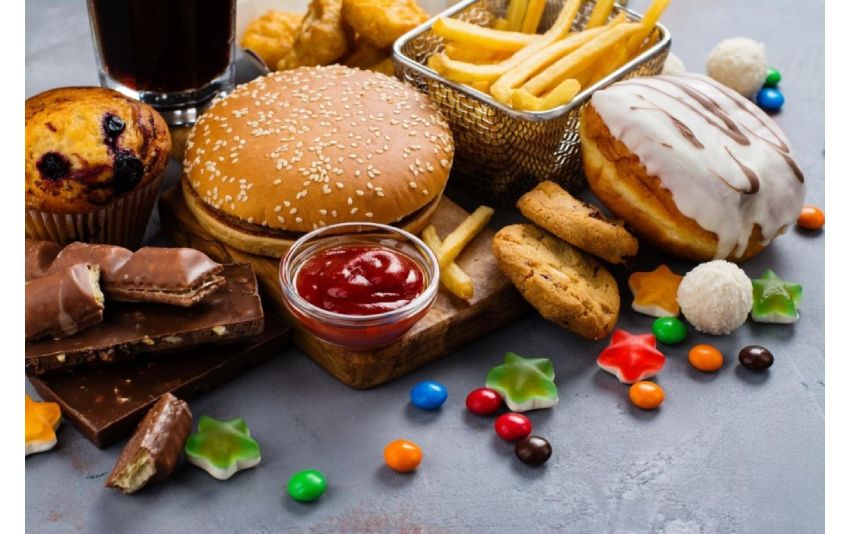- Supplemental probiotics are promoted as a cure-all for everything from mental health issues to bloating.
- Probiotics can aid in the restoration of beneficial bacteria in your stomach, but not everyone requires them, according to a nutritionist.
In 2023, probiotic supplements became extremely popular among celebrities. From Halle Berry’s investment in probiotic startup Pendulum to Gwyneth Paltrow’s strange promo video for probiotic brand Seed, it appears that everyone is gushing about these tiny capsules carrying live bacteria.
Furthermore, probiotic companies’ claims can be convincing. Some people say that taking one or two pills daily can strengthen your immune system, improve your skin, improve your gut health, and even improve your mental health
Dr. Saman Khalesi, Senior Lecturer and Nutrition Discipline Lead at Central Queensland University, Australia, says that probiotics can help your gut microbiome “if you need them.” He clarified, however, that it is a myth that probiotics are necessary for everyone.
Our gut microbiome can be influenced by our lifestyle and health.
One beneficial kind of gut bacteria that resides in our digestive systems are probiotics. They perform a variety of vital functions for us, such as assisting in the absorption of nutrients from food and acting as the immune system’s first line of defense.
Probiotic variety and quantity are “very important for our physical and mental health,” according to Khalesi.
However, occasionally, the diversity or quantity of these beneficial bacteria can be disrupted by life or an underlying medical condition, which can result in health issues.
The health of your gut microbiome, for instance, can be harmed by eating insufficient fiber. Good gut bacteria are fed by fiber, including “prebiotics.” Lack of nutrition can reduce the variety and quantity of probiotics in your gut.
Antibiotic use, alcohol consumption, smoking, and inactivity can all have a detrimental effect on the health of the gut microbiota.
Microbiome health can also be significantly impacted by underlying medical conditions. Constipation or diarrhea, heart disease, obesity, and even mental health disorders like depression are all “linked to an imbalanced gut microbiome,” according to Khalesi.
Probiotics may aid in reestablishing harmony.
“Taking probiotics may help restore the balance and improve the management of those conditions”, if you do have an underlying problem with your gut microbiome.
However, it’s not as easy as popping a probiotic once. According to Khalesi, it usually takes a few months of taking probiotics to see any improvement in your health. Furthermore, not every probiotic has the same effects.
Probiotics contain the most researched strains of bacteria, lactobacillus and bifidobacterium, which can be used to treat a variety of ailments, including irritable bowel syndrome (IBS). However, there are thousands of additional strains, and scientists are only now learning about their functions.
“make sure you study the strain first,” advises anyone looking to find the best probiotic supplement for themselves.So you know what kinds of conditions it could help with, Khalesi said.
Cleveland Clinic advises searching for probiotics that include the most studied strains, such as lactobacillus, bifidobacterium, bacillus, or saccharomyces boulardii, and have a minimum of one billion colony-forming units.
It’s also essential to include fibrous foods in your diet in addition to taking probiotics. Eating foods high in fiber, according to Khalesi, promotes the survival, growth, and diversification of good bacteria.
Actually, “you technically can change the balance of your gut bacteria just by feeding them with their own food, which is actually fiber,” he stated.
Pay attention to where you buy your probiotics.
If you want to try probiotic supplements, keep in mind that in the US, probiotics are not governed by the Food and Drug Administration in the same manner as medications because they are classified as supplements.
Probiotics are not as strictly regulated as other supplements, so occasionally they may contain contaminants that are not disclosed on the label. In order for probiotics to truly enter your stomach, they also need to be made to resist digestion, according to Khalesi. Probiotics that are poorly formulated will only be broken down and have no real effect.
Khalesi advises consulting a physician or dietician to determine which probiotic strains are best for you if you’re interested in giving them a try.
According to Khalesi, probiotics are generally safe. “You might feel some discomfort and bloating at the beginning,” he stated, “but that goes away really easily after maybe a week.”




